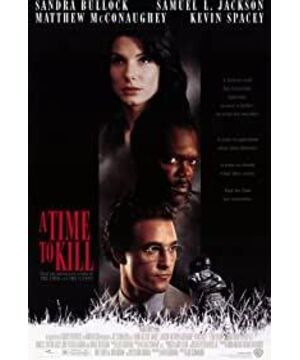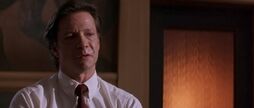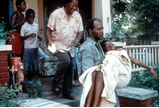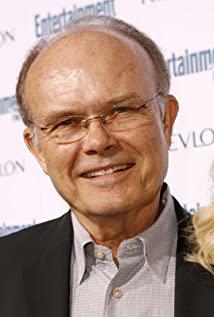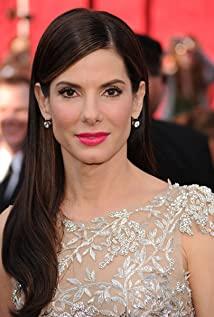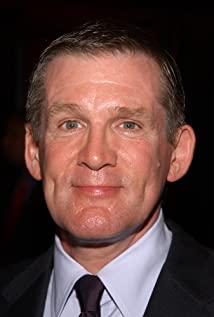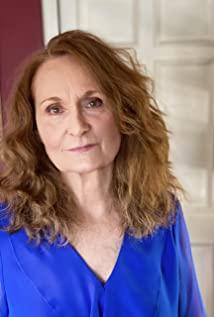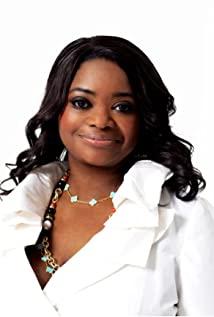The story tells that in the southern United States where racial discrimination was severe in the last century, a white lawyer successfully defended the innocence of a black man who avenged his daughter. The genre traces of the movie are too heavy, and it completely gives people the feeling of piled up section by section. Even in order to complete the typification, it also destroyed the characterization. During the trial, the prosecutors persecuted the blacks, which directly collapsed the mature and calm personality of the blacks. Movies with such realistic themes are not suitable for such deliberate pursuit of categorization. The characterization of the whole article is very general and not realistic enough. For example, for black people, killing people before the trial must mean that they must die, not worrying about their innocence. There is no need to portray this ordinary working-class black person so calmly, and even finally discuss the race issue through his lines. In fact, it is enough to make him an angry black father. The protagonist's lawyer did not do very well, and the motivation given was not fastened. Other supporting roles are also flattened and shaped for the sake of shaping. If you work harder, it will definitely be better. For example, to strengthen the prosecutor's personal views on the case, not simply for the cause.
View more about A Time to Kill reviews


